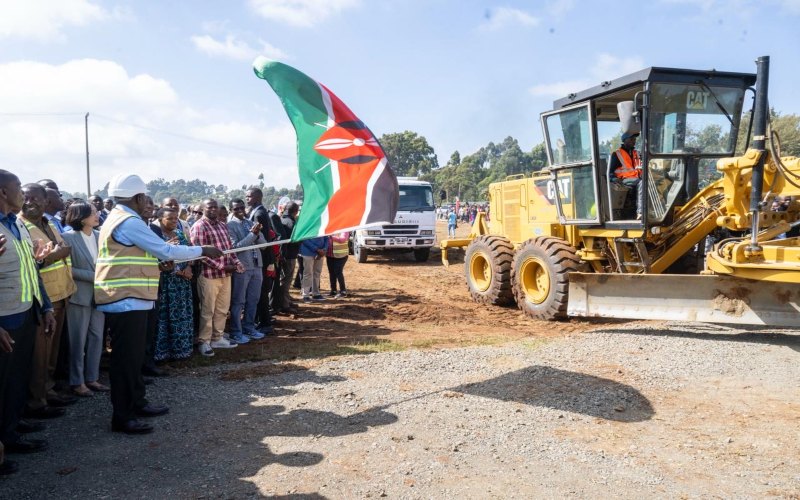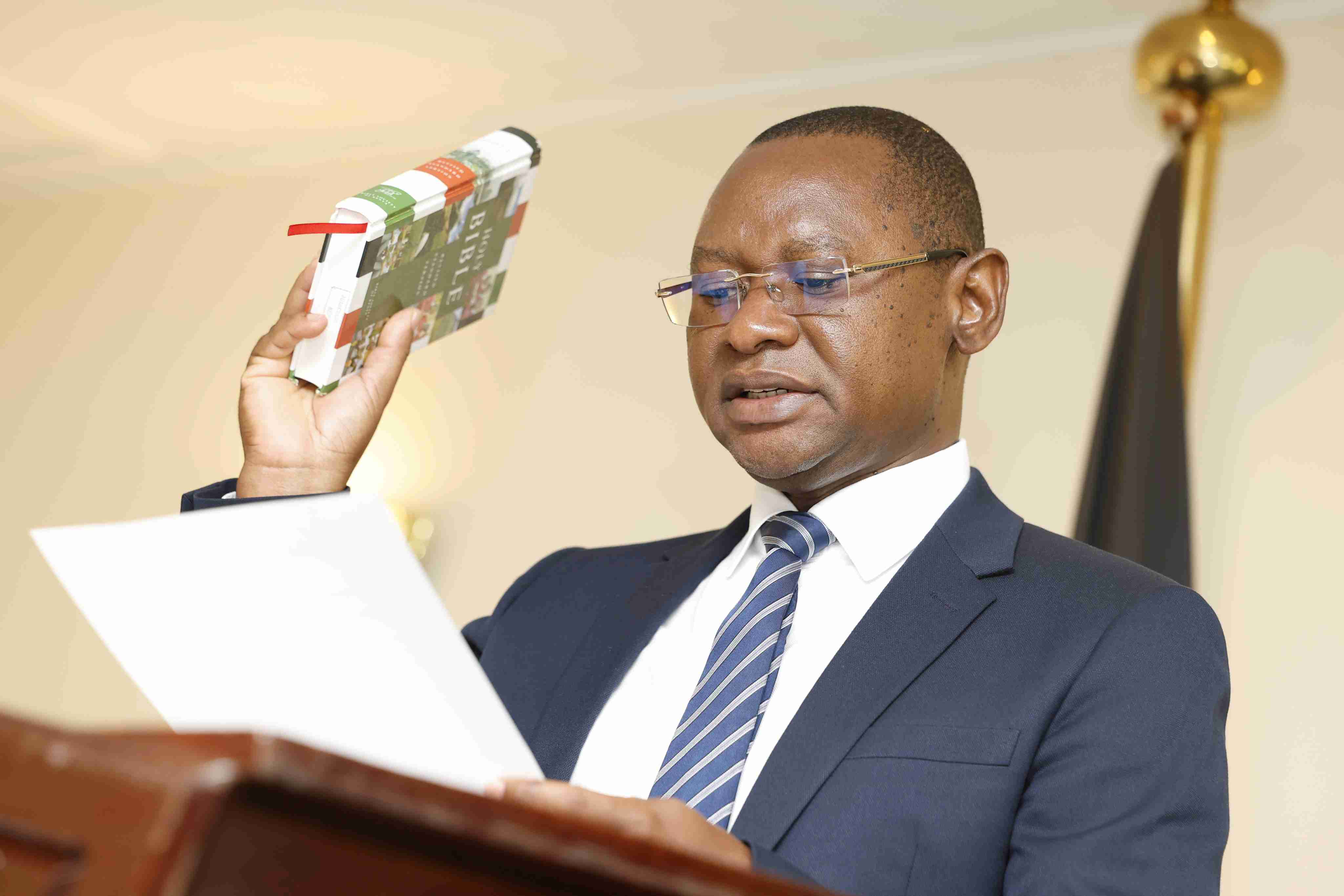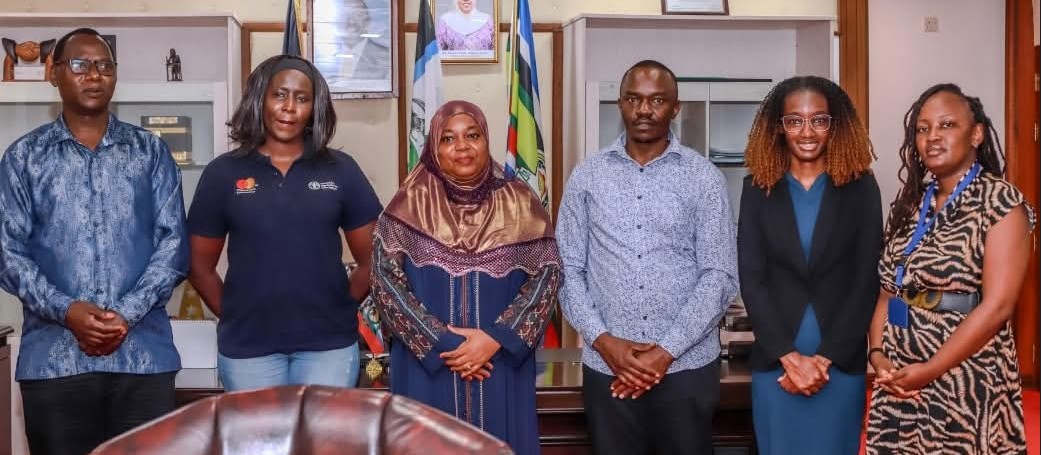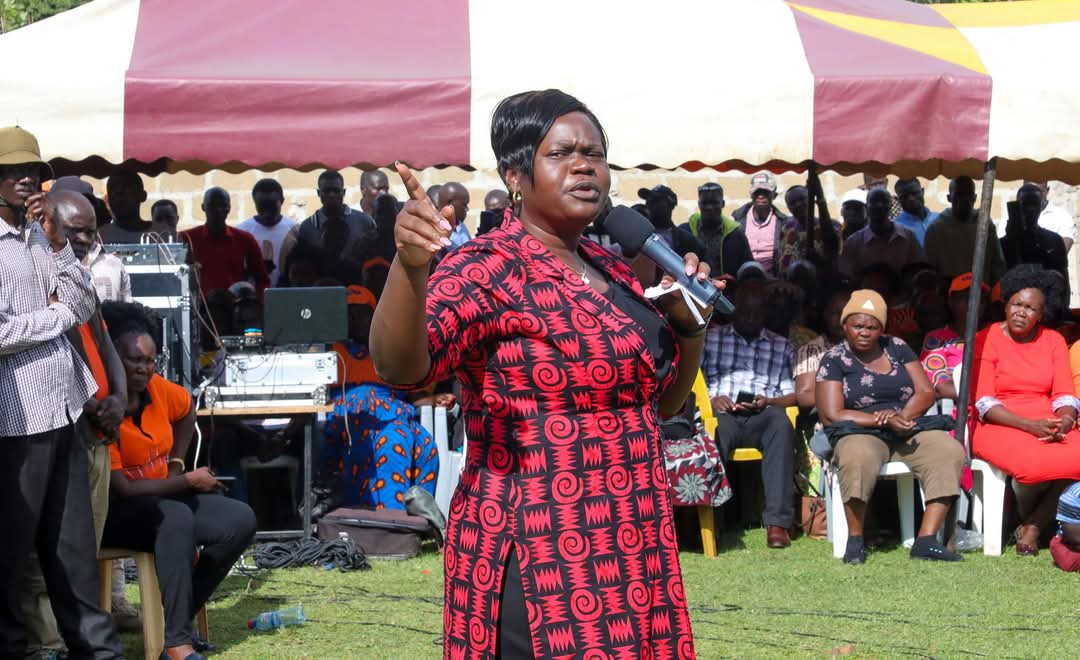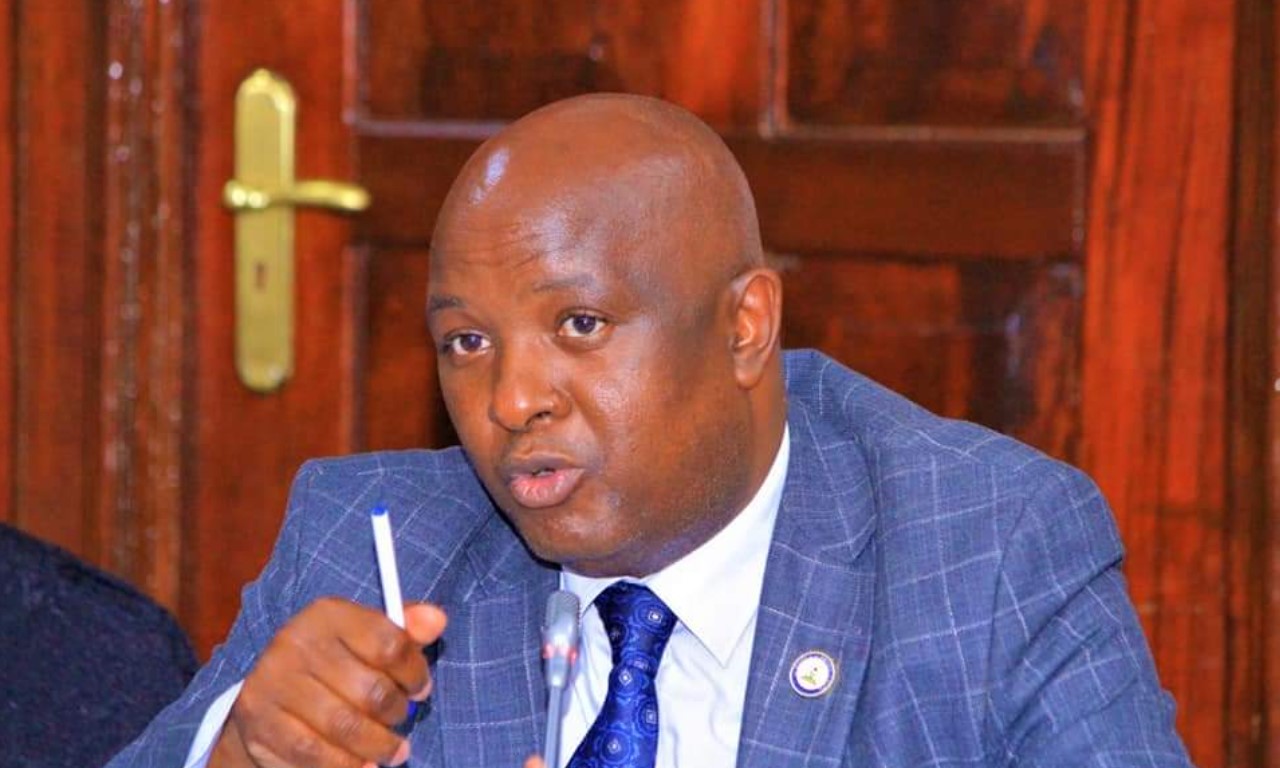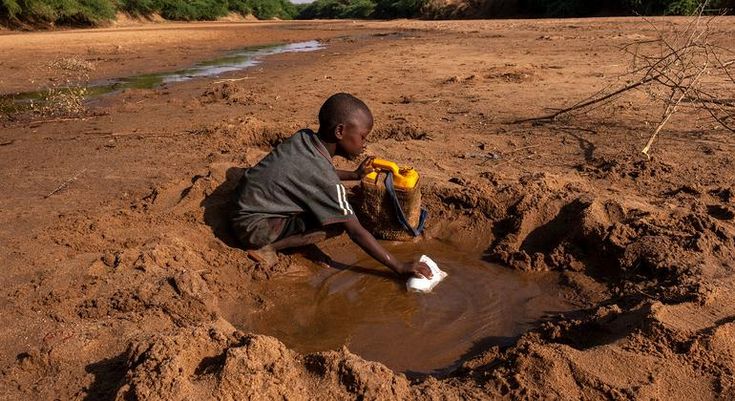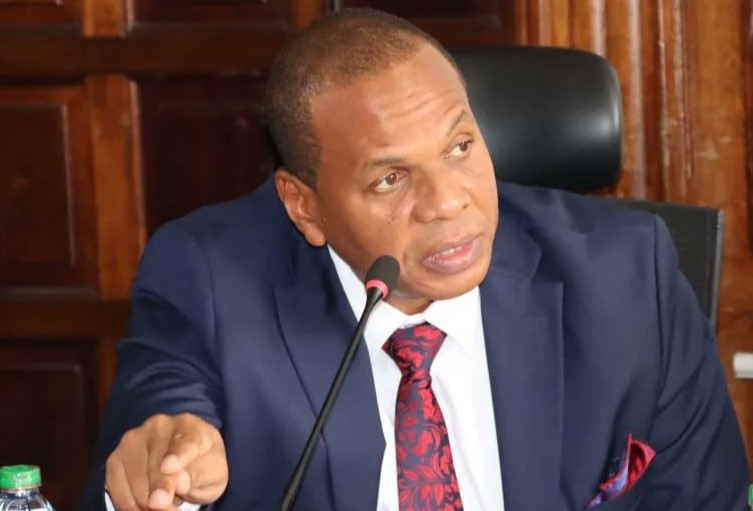Auditor General warns Kenya Railways’ Sh569 billion loan default could burden taxpayers

According to Auditor General Nancy Gathungu, the corporation is struggling to service the loan due to insufficient revenue generation and retention of freight funds by the Kenya Ports Authority (KPA).
The Kenya Railways Corporation has failed to meet repayment obligations on a Sh569.3 billion loan secured to fund the Standard Gauge Railway (SGR) six years ago, leaving key phases of the railway incomplete.
According to Auditor General Nancy Gathungu, the Corporation is struggling to service the loan due to insufficient revenue generation and retention of freight funds by the Kenya Ports Authority (KPA).
More To Read
- Top schools flagged for illegal fees and uniform procurement in Auditor General’s report
- Audit flags leadership vacuum at Garissa University since 2022
- Auditor General calls for penalties on officers who ignore audit recommendations
- Auditor General Nancy Gathungu warns of pension losses as government delays remittances
- Revenue gaps, budget misalignments hurting service delivery, warns Auditor General
- Governance Committee orders mandatory audit attendance for university heads
In her report before the National Assembly Committee on Debt and Privatisation, Gathungu said the Sh569.3 billion loan includes both the principal and capitalised interest accrued during the grace period.
The SGR project was designed to be implemented in four phases: Phase 1, Phase 2(a), Phase 2(b), and Phase 2(c). As of June 30, 2024, only Phase 1 and Phase 2(a) had been completed.
KRC is among 35 State Owned Enterprises (SOEs) in the agriculture, energy, finance, health, transport and water sectors whose total on-lent loans amount to Sh874.91 billion, representing approximately 17 per cent of Kenya’s total external debt of Sh5.2 trillion.
SOEs are legal entities established by the government, wholly or partly owned by the State, to implement priority projects and programmes.
“The audit established that the Kenya Railways Corporation (KRC) was not meeting its loan obligations. Review of loan records revealed that the Corporation received three on-lent loans in 2014 and 2015 for the implementation of the Standard Gauge Railway Line Project,” reads the report.
The Auditor General highlighted that KRC’s failure to repay the loans was partly because the project’s objectives had not been fully realised to generate the anticipated revenue.
“The objective of the project was yet to be fully realised to enable the project to generate sufficient revenue as anticipated in the feasibility studies,” she said.
KRC’s revenue challenges have been worsened by KPA’s retention of freight revenue. Under paragraph 6(b) of the Take or Pay Agreement (TOPA) dated September 30, 2014, KPA was responsible for collecting SGR freight charges and remitting them to an escrow account on behalf of KRC, after deducting a 0.8 per cent administrative fee.
However, the report reveals that from July 2023 to December 2024, KPA collected Sh22.62 billion (approximately $162 million) in freight revenue but transferred only Sh16.21 billion ($116 million) to the SGR escrow account. The remaining Sh6.27 billion ($45 million) was retained by KPA.
“The audit established that the retained revenues catered for potential refund claims arising from tariff disputes and discounts, despite a lack of a provision for the retention in the Take or Pay Agreement,” reads the report.
“This unauthorised revenue retention deprived Kenya Railways of sufficient funds required for loan repayment. It further indicated KPA’s non-compliance with the agreement and adversely affected Kenya Railway’s financial obligations towards repayment of on-lent loans.”
The report further shows that KRC is not generating enough revenue to repay the Sh569 billion loan extended by China for the SGR extension from Mombasa to Malaba.
“Review of loan records and interviews held with the Managing Director, Kenya Railways Corporation, revealed that the corporation was not meeting its loan obligations for three on-lent loans totalling Sh569 billion, inclusive of capitalised interest accrued during the grace period,” Gathungu said.
She warned that the growing defaults on on-lent loans by SOEs could shift the debt burden to the national government.
Minimal repayment of the Sh153.7 billion on-lent loans due as of June 30, 2024, has constrained the national budget, forcing the government to seek additional financing through borrowing and budget cuts.
Gathungu further criticised the Department of Government Investment and Public Enterprises (D-GIPE) for being excluded from loan negotiations.
“This lack of involvement meant financing agreements were negotiated without adequate risk assessment or consideration of the borrowing entities’ capacity to repay. D-GIPE’s absence from these committees contributed directly to the repayment challenges now facing SOEs,” she said.
The report emphasised the need for stricter oversight, full compliance with loan agreements and proper involvement of relevant government departments to safeguard public resources and ensure SOEs can meet their financial obligations.
Top Stories Today
